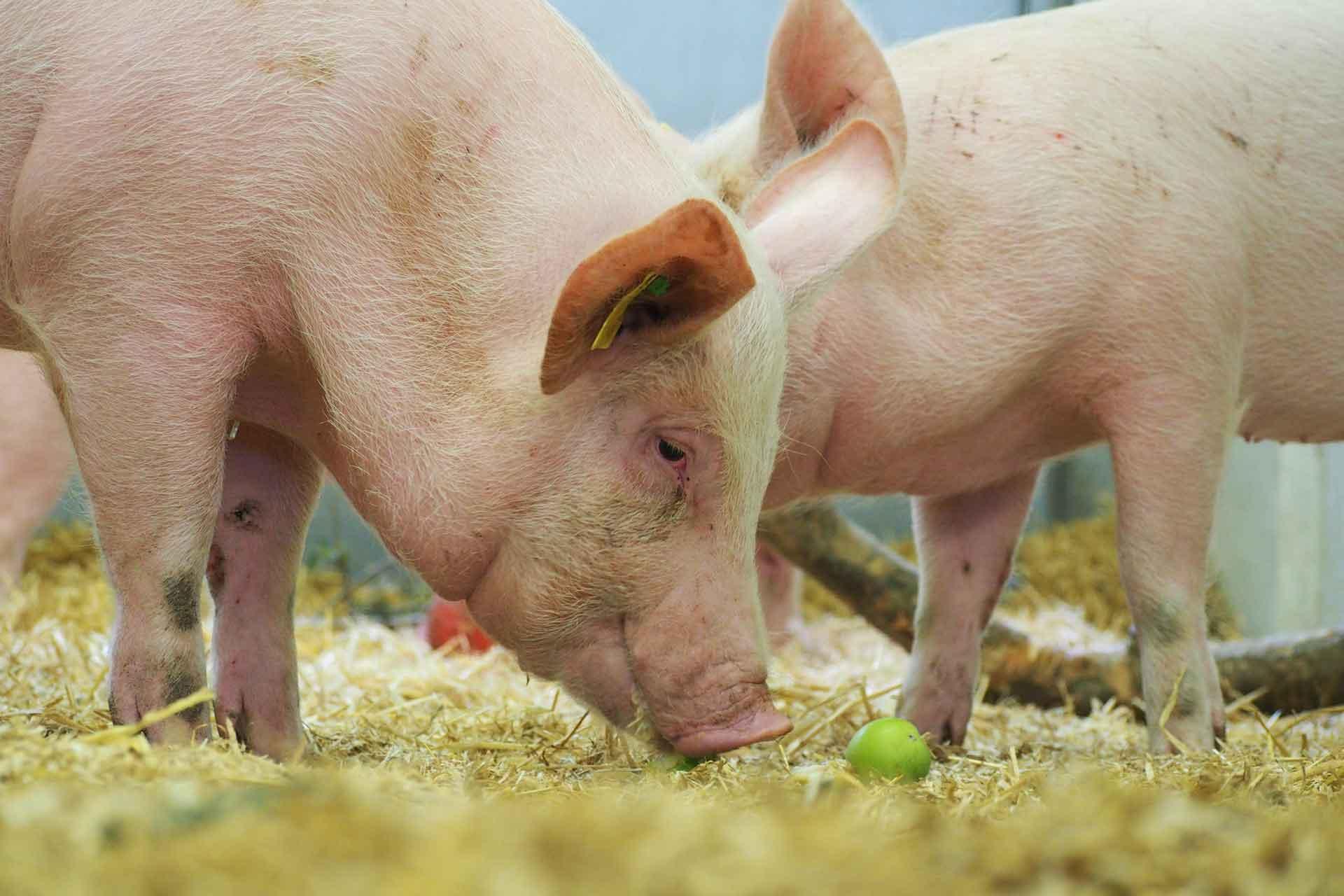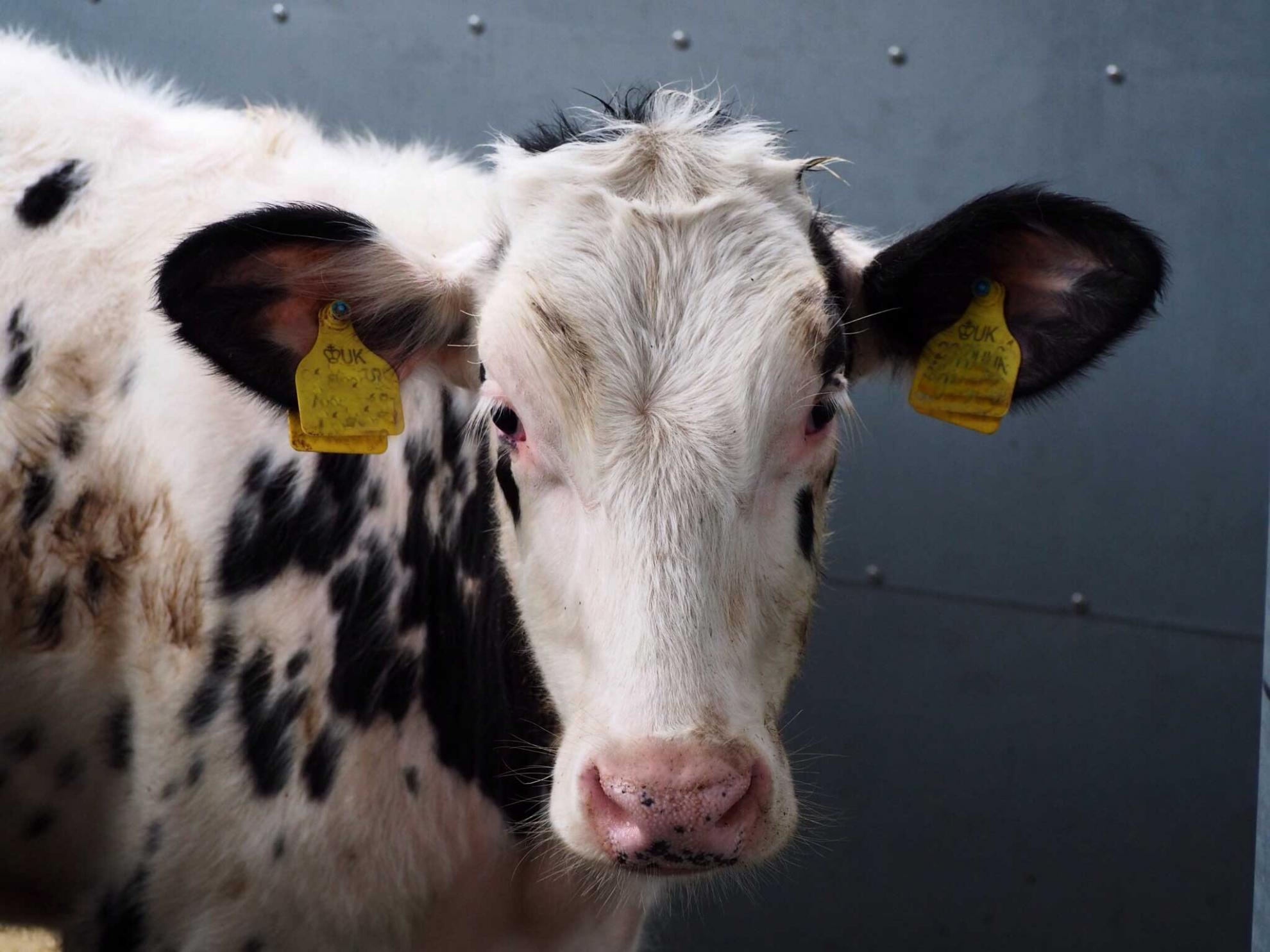Laboratory-made monoclonal antibodies are used to treat conditions including cancer, autoimmune and infectious diseases.
Commercial outbred pigs can be used as models to test how quickly therapeutic monoclonal antibodies (mAbs) disappear from the human body after injection, according to research by The Pirbright Institute.
MAbs can recognize, attach to and kill infectious viruses, bacteria or cancer cells, but it is important to know how long they persist in the body after injection so that treatment can be optimised.
Gottingen minipigs, an established animal for translational medical research, have been the preferred model but are very expensive. However, very few studies have been conducted on commercial outbred pigs, which are much less expensive, and none have directly compared the two breeds.
Writing in Frontiers in Immunology, Pirbright scientists describe how they critically evaluated the rate of disappearance of mAbs in outbred pigs compared to widely used Gottingen minipigs, the world’s smallest domesticated pig breed.
Immunology specialist, Dr Basu Paudyal, a leading Pirbright author of the study, said: “Our results indicate that despite the rapid growth rates of outbred pigs, they can serve as a practical alternative to minipigs for evaluating mAbs.”
“We believe that this work indicates that outbred pigs can be a reliable model for mAb testing, which could significantly impact the field of therapeutic development, potentially bridging the gap between small animals and human trials.”
Pirbright produced the findings in collaboration with two US companies: Certara in Pennsylvania, and Milad Pharmaceutical Consulting LLC in Plymouth, Michigan.
The work was supported by the Bill & Melinda Gates Foundation and the UKRI Biotechnology and Biological Sciences Research Council (BBSRC) Institute Strategic Program and Core Capability Grants.
Read the paper
Paudyal, B, Moorhouse, E, Sharma, B. et al. (2024) Comparative pharmacokinetics of porcine and human anti-influenza hemagglutinin monoclonal antibodies in outbred pigs and minipigs. Frontiers in Immunology 15 https://doi.org/10.3389/fimmu.2024.1471412


